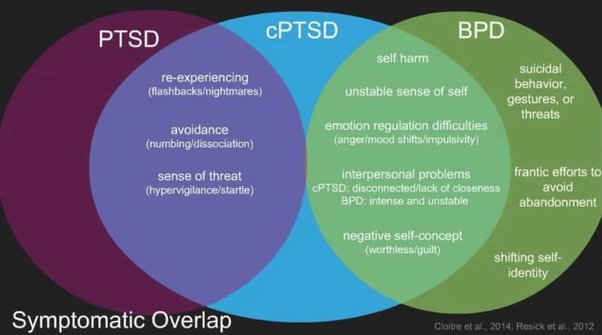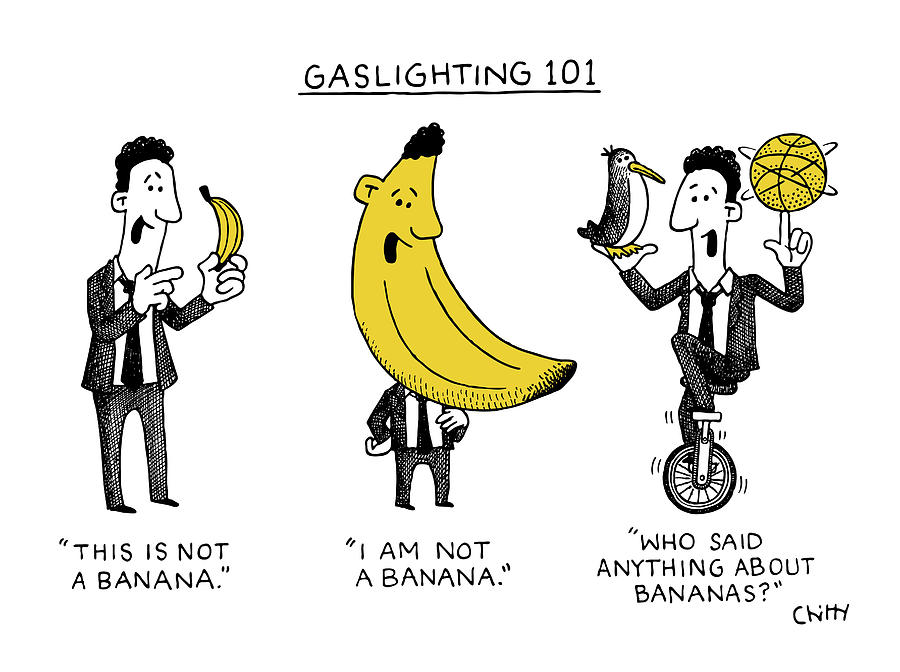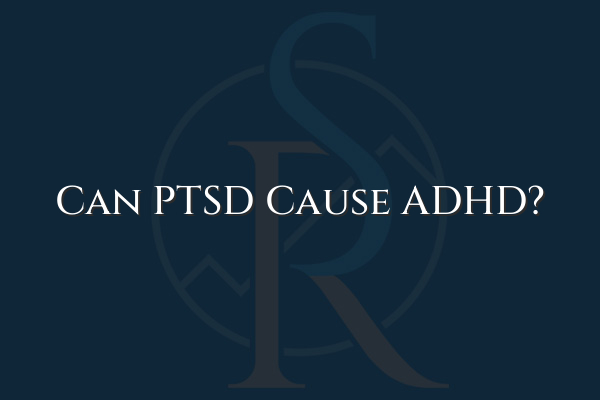Orthorexia is on the rise.
When Healthy Eating Becomes Harmful: Understanding Orthorexia At Mountain Valley Counseling, we often see clients who come to us not because they want to give up their healthy habits—but because those habits have started to take control of their lives. One lesser-known but increasingly common issue is Orthorexia Nervosa, an unhealthy obsession with eating only foods that are perceived as healthy, pure, or clean. What Is Orthorexia? Orthorexia is not officially recognized as a distinct eating disorder in the Diagnostic and Statistical Manual of Mental Disorders (DSM-5), but many clinicians acknowledge its serious impact. The term was coined in 1997 by Dr. Steven Bratman to describe an extreme fixation on healthy eating. Unlike other eating disorders that focus on quantity (like anorexia or binge eating), orthorexia focuses on quality. It’s not just about avoiding sugar or processed foods—it’s about a rigid mindset that labels entire food groups as “bad,” leads…
May is mental health awareness month
May is Mental Health Awareness Month: Take Action Today Since May is Mental Health Awareness Month, now is the perfect time to prioritize your emotional well-being. Whether you’ve been feeling the pressures of the season or simply want to maintain a healthy mental state, therapy can make a significant difference. If you’ve been considering therapy or seeking support, don’t hesitate to reach out. Mountain Valley Counseling is here to help you navigate life’s ups and downs with compassion and understanding. Give us a call today to get started on your journey toward better mental health and emotional balance. You deserve support, and we’re here to guide you every step of the way. Call Tess at 435-565-1305. Or email her at tess@mvccutah.com. Conclusion: Summer and Mental Health—A Balanced Approach As we welcome the summer season, it’s easy to get caught up in the excitement of new adventures and sunny days, but…
Understanding ADHD: Is Everyone Really Getting Diagnosed with It? In recent years, there has been a significant increase in the number of people diagnosed with Attention-Deficit/Hyperactivity Disorder (ADHD), and it’s easy to wonder: Does everyone really have it? Or is it simply being diagnosed more often than before? Let’s explore this question, dive into the symptoms of ADHD, and understand why the diagnosis rate seems to be rising. What is ADHD? ADHD is a neurodevelopmental disorder that affects both children and adults. It’s primarily characterized by difficulty paying attention, hyperactivity, and impulsivity. While these traits are a normal part of human behavior, in people with ADHD, they are more intense, persistent, and disruptive to daily life. Why Are More People Being Diagnosed with ADHD? It may seem like ADHD is more prevalent today than ever before, but there are a few key reasons why more people are being diagnosed: Better…
The Difference Between Complex PTSD and PTSD By Misty Newman, CMHC, Owner of Mountain Valley Counseling Post-traumatic stress disorder (PTSD) is a well-known mental health condition that can develop after an individual experiences or witnesses a traumatic event. However, not all trauma experiences lead to PTSD, and in some cases, trauma can result in a more complex form of the disorder known as Complex PTSD (C-PTSD). While both conditions involve symptoms of trauma, they differ in their causes, symptoms, and impact on a person’s life. Understanding these distinctions is crucial for proper diagnosis and treatment. PTSD (Post-Traumatic Stress Disorder) PTSD typically results from a single traumatic event, such as a car accident, natural disaster, physical assault, or combat exposure. It can also occur after witnessing a traumatic event. Symptoms of PTSD often include: Intrusive memories: Flashbacks or vivid, distressing memories of the event. Avoidance: Avoiding reminders of the trauma, such…
Understanding Gaslighting and Its Impact on Mental Health Gaslighting is a form of psychological manipulation where a person or group seeks to make someone doubt their own perceptions, memories, or reality. This term, derived from the 1944 film “Gaslight,” where a husband manipulates his wife into questioning her sanity, has become a widely recognized concept in discussions of emotional abuse and manipulation. Gaslighting can occur in various relationships, including romantic partnerships, friendships, family dynamics, and workplace settings. Definition and Mechanisms of Gaslighting Gaslighting involves a series of manipulative tactics aimed at undermining the victim’s sense of reality. These tactics include denying facts, minimizing the victim’s feelings, and presenting false information as truth (Stark, 2018). The ultimate goal is to destabilize the victim’s perception of reality, thereby gaining control and power over them. Gaslighters often use subtle and gradual methods to erode the victim’s confidence in their own thoughts and…
The correlation between PTSD and ADHD.
Attention-Deficit/Hyperactivity Disorder (ADHD) and Post-Traumatic Stress Disorder (PTSD) are two distinct psychiatric conditions, but they can intersect in complex ways. Both disorders impact attention, behavior, and emotional regulation, and their interplay can complicate diagnosis and treatment. This relationship is especially pertinent when considering how untreated trauma might contribute to or exacerbate ADHD symptoms. ADHD and PTSD: An Overview ADHD is characterized by persistent patterns of inattention and/or hyperactivity-impulsivity that interfere with functioning or development (American Psychiatric Association, 2013). PTSD, on the other hand, arises from exposure to traumatic events and includes symptoms such as intrusive memories, hypervigilance, and avoidance (American Psychiatric Association, 2013). The Overlap Between ADHD and PTSD Research shows that both ADHD and PTSD involve disruptions in attention and executive functioning. For instance, individuals with ADHD often struggle with sustaining attention and managing tasks, while those with PTSD may experience difficulties with concentration due to intrusive thoughts…
How new age therapies re-brand psychoanalytic concepts that have been around since Freud
How Freud’s ideas show up in new age contemporary therapy modalities Sigmund Freud, often regarded as the father of psychoanalysis, is a figure whose contributions to psychology and psychotherapy have been both revolutionary and controversial. While Freud’s theories have faced significant criticism, it’s essential to recognize that many modern therapeutic approaches and psychological theories have built upon, adapted, or even rediscovered concepts originally proposed by Freud. This essay explores why Freud doesn’t deserve the bad reputation he sometimes gets and argues that many contemporary psychological practices are deeply rooted in Freudian ideas, albeit under different names. Freud’s Legacy and Modern Adaptations Sigmund Freud’s work laid the foundation for much of modern psychology, particularly in the realm of understanding the unconscious mind and the therapeutic process. Freud’s theories, such as the role of the unconscious, defense mechanisms, and the significance of early childhood experiences, have profoundly influenced the field. Over…










